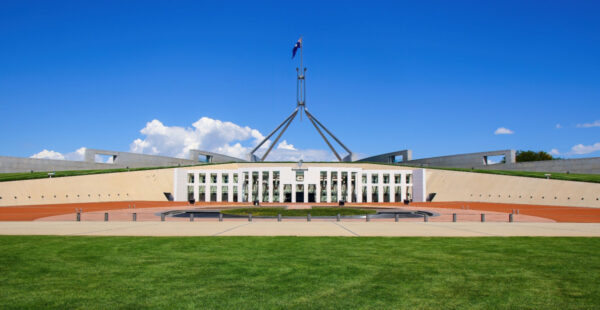No recession for Australia: Maple-Brown Abbott

According to Maple-Brown Abbott’s Head of Australian Value Equities, Dougal Maple-Brown, Australia is unlikely to experience a recession despite a fall in global equity markets.
Concerns have been raised as a result of what many perceive to be an “unprecedented” tightening cycle from the Reserve Bank of Australia (RBA), but Maple-Brown said the current cycle is not unlike the market environment in 1994 when interest rates rose by 2.75 per cent in five months.
“The fall in global equity markets so far has largely been caused by a price-to-earnings (P/E) de-rating,” he said.
“Effectively interest rates have gone up, market multiples have come down but earnings have not moved very much at all in most markets.
“The economy didn’t go backwards in 1994. Markets admittedly did. But the rate cycle is not unprecedented, and it doesn’t guarantee a recession.”
Maple-Brown said while the Australian market is also currently trading at a price-to-earnings (P/E) ratio of around 13 to 14 times, which is 10 per cent below the long-term average, he recommended investors “drill down” into each sector making up the market for more accurate numbers.
Commonwealth Bank of Australia (CBA) is trading at approximately 2.4 times book value, whereas NAB is trading around 1.6 times and ANZ and Westpac are slightly higher.
“That’s a massive difference for businesses which, frankly, aren’t that dissimilar these days,” Mr Maple-Brown says.
“Banks are interesting because they should do well in the short term from rising interest rates if the economy manages to avoid a recession but will obviously struggle if the economy enters a deep recession and mortgage defaults rise materially.
“The issue for the banks is the bulk of the fixed rate mortgages roll off in the second quarter of next year. That will be a tough ingestion for the economy as a whole.”
Maple-Brown also highlighted the high commodity prices driving up the resources sector.
“We remain overweight energy where the lack of investment is likely to prolong the cycle exacerbated by the war in Ukraine. Historically commodities, and resource stocks, have also proved to be a good inflation hedge,” he said.
“Market conditions should continue to support value managers who can seek out the best performers in the right sectors and we are optimistic there is further outperformance to come.”











MIS aren’t inherently evil, but their current form is a minefield for retail investors. sophisticated investors can handle them but…
Net result fewer and fewer super funds equaling less and less competition. Failing the APRA test might mean the long-term…
Read up on the so called "marketing fees" Venture Egg charged. It's all laid out on ASIC's last statement against…
Seriously Andy. You do harp on about this. Some investments have liquidity risk - yes - that is the nature…
Disclaimer: I had no client monies in the funds. How do you know that payments were taken under the table…